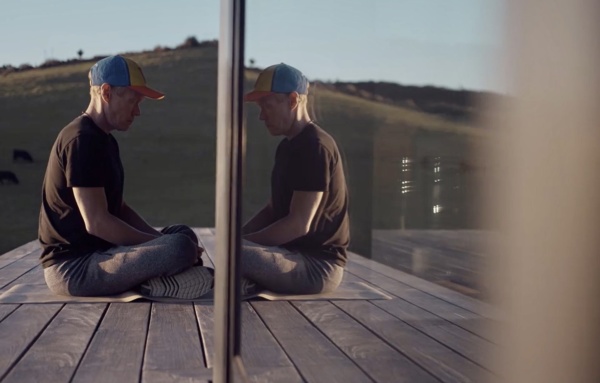
Photo by Nik Shuliahin on Unsplash
Some months ago, I was asked to consider a board position on an exciting high-growth company. The request came at a bad time for me. I was very busy and literally managing my days down to the minute, but because I was intrigued, I rearranged my schedule so that I could meet with various parties and spend several hours doing research and learning the business.
The experience gave me the opportunity to reflect on what it’s like to be kept in the dark on receiving feedback in a timely manner and, if I didn’t make the grade, being properly rejected.
The irony of this experience wasn’t lost on me because we do several hundred HR searches around the world each year, which means we need to carefully reject many, many capable HR leaders who don’t make it through the process. And many of these HR leaders are long-term friends who have been past clients and could end up being future ones as well.
Several months later, I still have not received any feedback about the board position, but it has served as a reminder to me about the importance of rejection. At ChapmanCG, we believe it’s important to be honest and maintain a candidate’s self-respect. Therefore, we always try to follow these three simple rules:
Phone–No email or text
Pick up the phone and personally speak to those who have invested time going through an interview. A candidate should never have to follow up for feedback. (And if they do, it could be a sign your assessment process is too slow.) If you delegate the feedback process to one of your staff, make sure they do it properly. Both your personal brand and your firm’s reputation is at stake. If you’re rejecting someone who didn’t go through an interview, maybe an email or text is OK, but use your judgment and know that a quick call will always look (and feel) better.
Don’t allow loose ends to dangle
If you’re genuinely interested in a candidate, but do not have a firm “yes” or “no”, be honest. Follow-up with the candidate by setting a reasonable timeframe when you can reach back out with an update–even if that update is “we still don’t have an answer, but I didn’t want you to think we have forgotten about you.”
Rip the plaster off
People appreciate candor. Break bad news quickly. No sense in dragging it out to the end of the conversation. And I always try to finish constructively so that the candidate’s self-respect is maintained. Not taking rejection personally is hard, but it’s important to help them keep things in perspective.
Whilst I or my colleagues don’t profess to be perfect at rejection, it is a value we hold close to our hearts.


 Andrea Merrigan
Andrea Merrigan Orelia Chan
Orelia Chan Stanislav Medvedev
Stanislav Medvedev Fleur Daniell
Fleur Daniell Finian Toh
Finian Toh Tim Rayner
Tim Rayner Nicola Hasling
Nicola Hasling Stefanie Cross-Wilson
Stefanie Cross-Wilson


